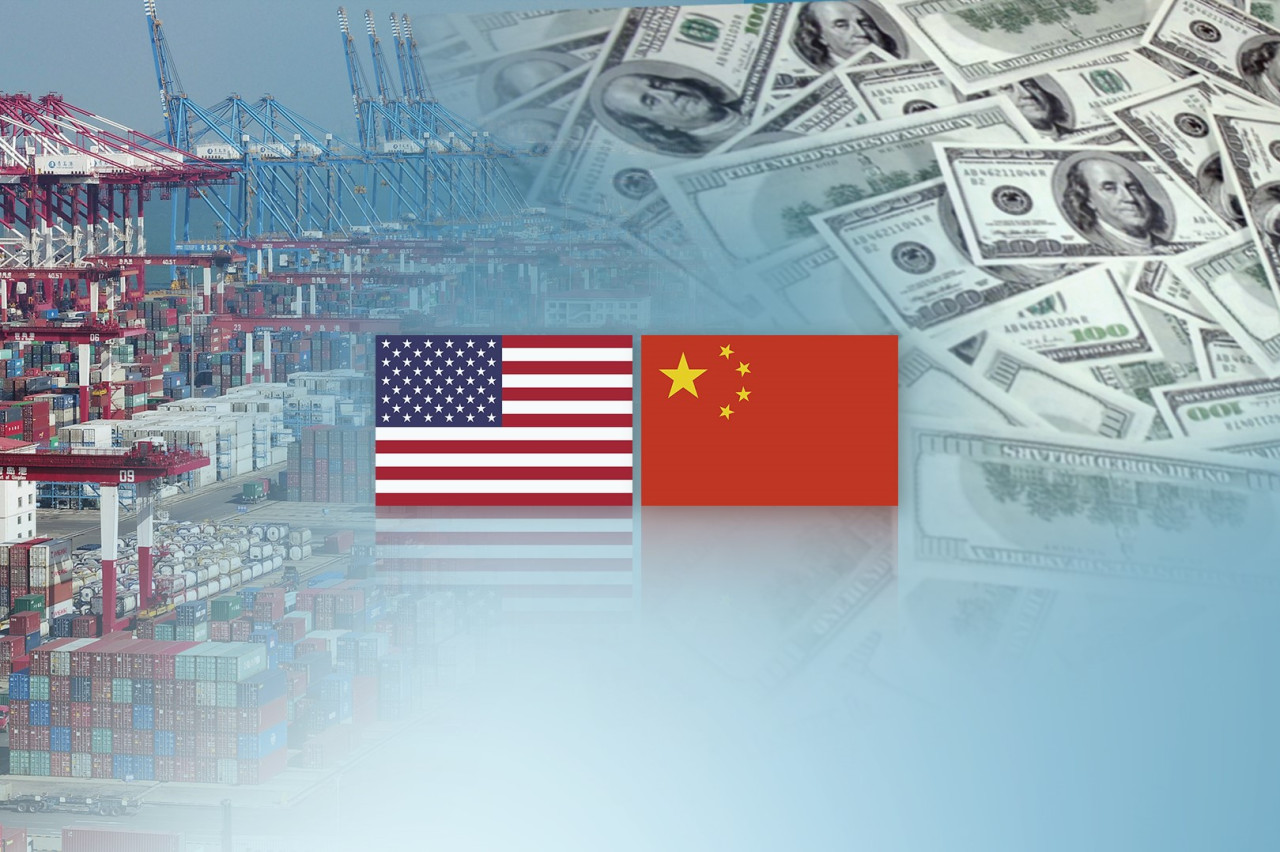
(Yonhap via The Korea Herald/Asia News Network)
SEOUL — South Korea’s trade-reliant companies should be fully prepared for the possibility of heightened trade tensions between the world’s two largest economies amid the global pandemic and the approach of the year-end US presidential election, according to a local business association Sunday.
A new report from the Korea International Trade Association titled “The direction of US-China relations in the post-coronavirus era” said COVID-19, which originated in Wuhan, China, has emerged as a huge variable in the two countries’ relations as the pandemic has plunged the world’s economies, including the US, into chaos.
“The first phase of the US-China trade agreement went into effect in February, but it has become difficult to achieve the goal of expanding bilateral trade in the face of the coronavirus crisis,” the report said.
“The US is still pressuring China in a wide range of issues, including subsidies, foreign exchange rates and restrictions on Huawei’s (business) transactions.”
US President Donald Trump, ahead of this year’s presidential election, is expected to hold China responsible for the spread of the coronavirus in the US, the KITA analysts said. He is also predicted to continue his attacks on China on issues — such as subsidies, state-run companies and cybersecurity — that were not addressed in the first agreement.
The report said more countries could be expected to be forced to choose between the US and China as Washington demands that other countries join it in pressuring Beijing. The US has begun revising a bill that would exclude some countries from the US investment whitelist because they did not restrict international bidding for Huawei’s 5G telecommunications equipment.
“Korean companies should fully check and prepare for the situation-specific scenarios between the US, which is expected to continue its pressure on China, and China, which is a force to be reckoned with in the post-COVID-19 era,” said Lee Won-seok, a senior researcher at KITA’s trade support center.
In the mid- to long term, China’s structural problems, such as state-run companies and subsidies, are expected to emerge as key agenda items for US-China relations, the report said.
“Although such issues are aimed at China, South Korea needs to participate in related discussions actively and reflect its position preemptively in case these issues become seeds of trade disputes with Korea,” Lee said.

